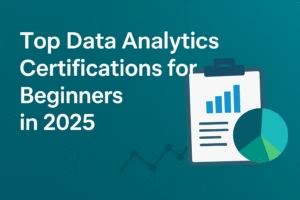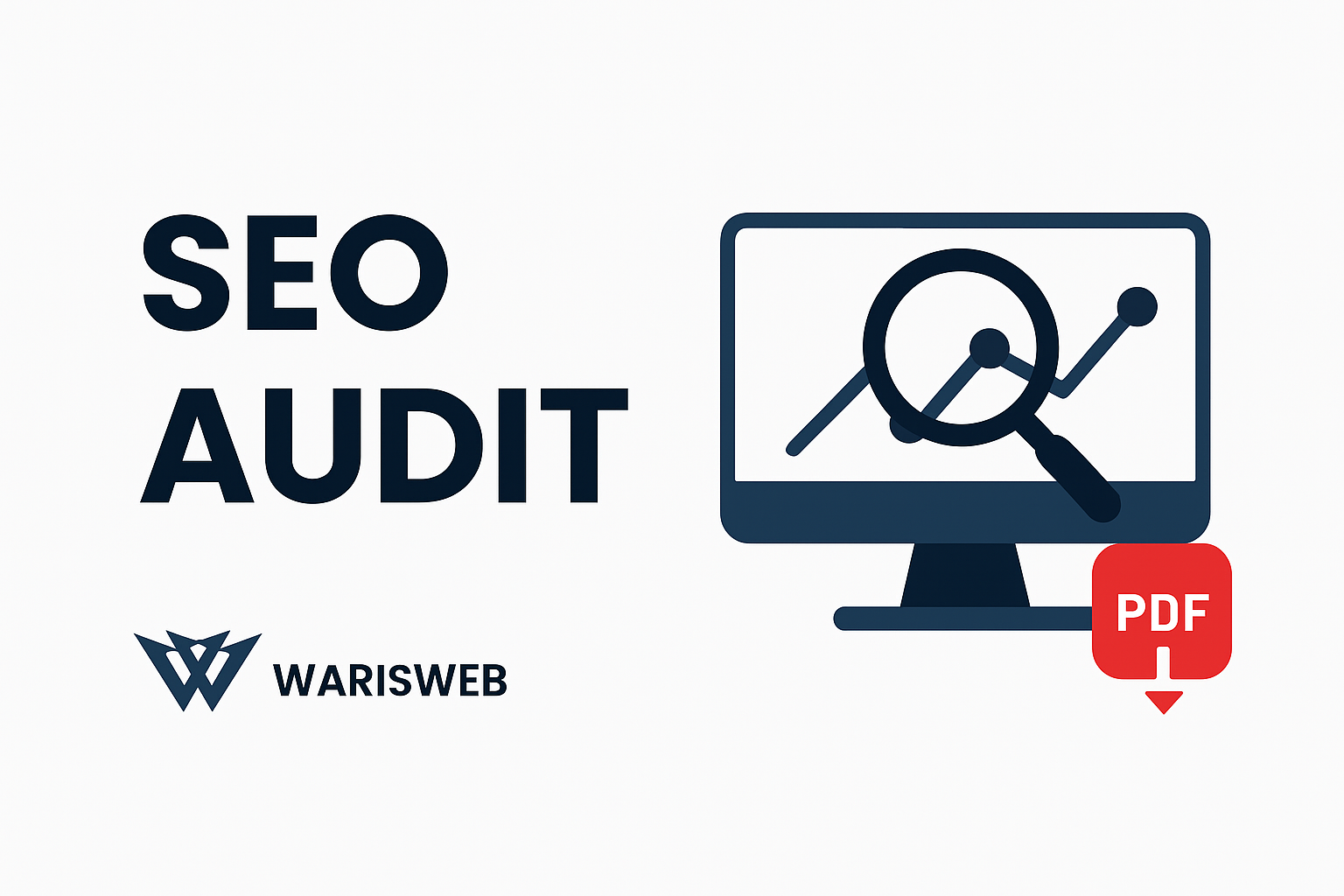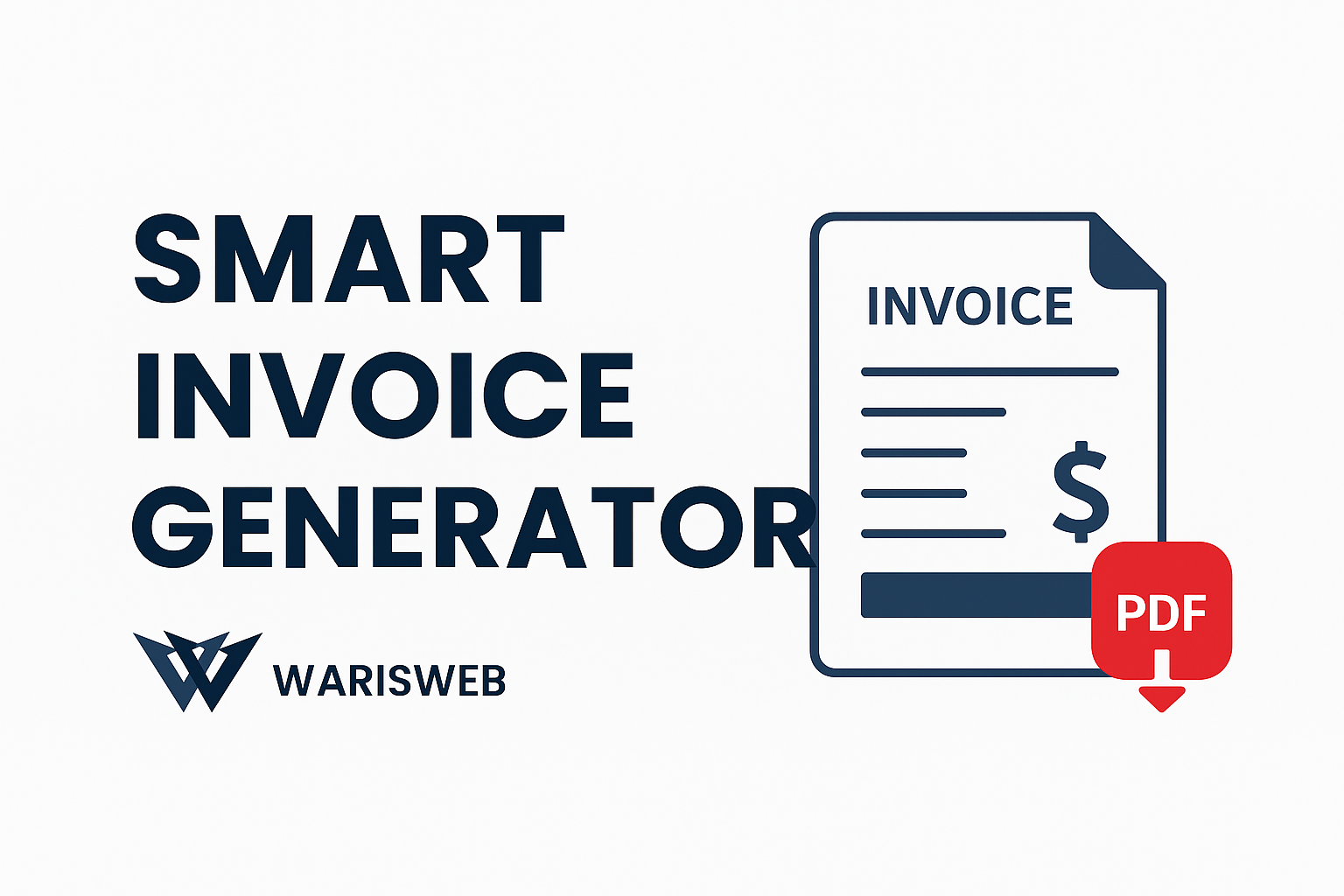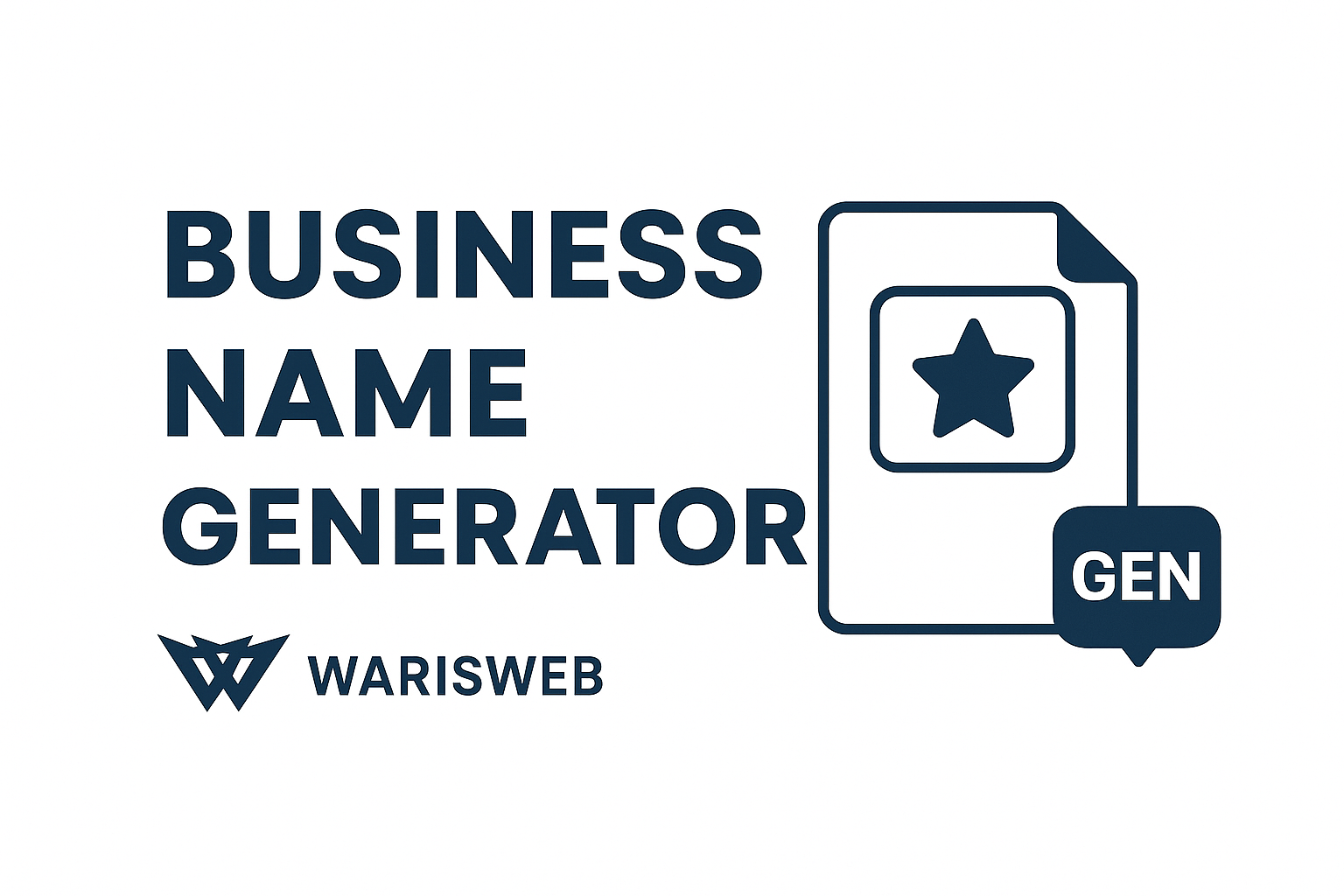AI vs Data Science Which Career is Better in 2025?
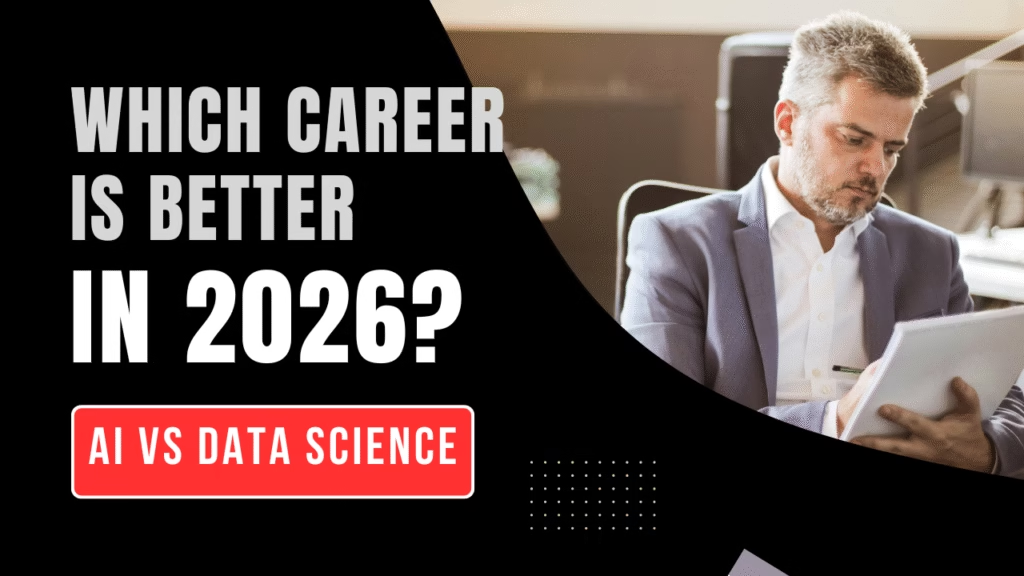
If you’re standing at the crossroads between AI and Data Science careers, you’re not alone. I get asked this question almost daily: “Should I focus on becoming an AI engineer or a data scientist?”
The honest answer? Both fields are absolutely booming in 2025, but they serve different purposes and require different mindsets. After years of working in both domains and talking to hundreds of professionals, I can tell you that the “better” choice depends entirely on what excites you more—building intelligent systems that can think and act, or diving deep into data to uncover hidden patterns and insights.
Let me break down everything you need to know to make this decision with confidence.
AI vs Data Science – Key Differences
The confusion between AI and Data Science is understandable—they overlap significantly and often work hand-in-hand. But at their core, they solve different problems.
Artificial Intelligence (AI) is about creating systems that can perform tasks that typically require human intelligence. Think chatbots that understand natural language, recommendation systems that learn your preferences, or computer vision systems that can diagnose diseases from medical images. AI engineers are essentially building machines that can “think” and make decisions.
Data Science, on the other hand, is about extracting meaningful insights from data to help businesses make better decisions. Data scientists are like digital detectives—they dig through massive datasets, identify patterns, create predictive models, and translate complex findings into actionable business strategies.
Here’s how I like to explain the difference: If your company wants to build a smart chatbot that can handle customer service, you need AI skills. If your company wants to understand why customers are leaving and predict which ones are likely to churn next month, you need Data Science skills.
The overlap comes from the fact that both fields use machine learning, statistics, and programming. But the end goals and day-to-day work are quite different.
Skills Required
Skills for AI Careers
AI engineering is becoming increasingly specialized, and the skill requirements reflect that complexity.
Programming Languages:
- Python dominates the AI landscape—it’s non-negotiable
- R for statistical computing and research-heavy roles
- Java for enterprise AI applications and Android development
- C++ for performance-critical applications like robotics
Deep Learning Frameworks:
- TensorFlow and PyTorch are the big two—learn at least one thoroughly
- Understanding of neural network architectures (CNNs, RNNs, Transformers)
- Model optimization and deployment skills
Specialized AI Domains:
- Natural Language Processing (NLP) for text and language understanding
- Computer Vision for image and video analysis
- Reinforcement Learning for decision-making systems
- MLOps for deploying and managing AI models in production
Mathematical Foundation:
- Linear algebra, calculus, and probability theory
- Understanding of optimization algorithms
- Statistical inference and hypothesis testing
Skills for Data Science Careers
Data Science skills are broader but often less specialized than AI skills.
Core Programming:
- Python for data manipulation and modeling
- SQL for database queries (absolutely essential)
- R for statistical analysis and visualization
Data Tools and Platforms:
- Tableau and Power BI for creating business dashboards
- Excel (yes, still very relevant in many companies)
- Apache Spark for big data processing
- Cloud platforms like AWS, Azure, or Google Cloud
Statistical and Analytical Skills:
- Statistics and Probability for experimental design and inference
- A/B Testing for measuring business impact
- Hypothesis testing and statistical significance
- Basic machine learning algorithms and when to use them
Business Acumen:
- Understanding of business metrics and KPIs
- Ability to translate technical findings into business recommendations
- Domain expertise in your industry (finance, healthcare, retail, etc.)
Career Opportunities in 2025
Both fields offer exciting career paths, but with different focuses and responsibilities.
AI Job Roles
The AI job market in 2025 is characterized by specialized, high-impact roles:
AI Engineer/Machine Learning Engineer
- Build and deploy AI models in production
- Focus on scalability, performance, and reliability
- Work closely with software engineering teams
NLP Specialist
- Develop language understanding systems
- Work on chatbots, translation systems, and text analysis
- High demand due to the ChatGPT revolution
Computer Vision Engineer
- Create systems that can “see” and interpret images/videos
- Applications in autonomous vehicles, medical imaging, security
- Rapidly growing field with exciting possibilities
Robotics Developer
- Combine AI with physical systems
- Work on autonomous vehicles, manufacturing robots, or consumer robotics
- Requires knowledge of both software and hardware
Data Science Job Roles
Data Science offers a broader range of roles across different seniority levels:
Data Scientist
- The “classic” role—build predictive models and extract insights
- Work on business problems across marketing, operations, and strategy
- Most versatile role with opportunities in every industry
Data Analyst
- Focus on reporting, dashboards, and descriptive analytics
- Great entry-level position with room for growth
- High demand but generally lower salaries than data scientists
Business Intelligence Analyst
- Specialize in business reporting and dashboard creation
- Work closely with stakeholders to understand business needs
- Less technical than data scientist roles but still well-compensated
Data Engineer
- Build the infrastructure that data scientists and analysts use
- Focus on data pipelines, databases, and data architecture
- Often higher salaries than data scientists due to specialized technical skills
Salary Comparison (2025)
Let’s talk numbers—because let’s be honest, compensation matters when choosing a career path.
The salary landscape has shifted dramatically in favor of AI roles, especially after the generative AI boom. AI engineers are experiencing exceptional demand in 2025, with average salaries soaring to $206K—a huge $50K increase from the previous year.
AI Engineer Salaries:
- India: ₹12–25 LPA for experienced professionals
- United States: Machine learning engineers make $161,946, NLP engineers earn $170,000 annually, and computer vision engineers average $127,361
- Elite level: At elite levels, “superstars” in AI are commanding multi-million-dollar packages, sometimes $3 million–$7 million annually
Data Scientist Salaries:
- India: ₹8–18 LPA for experienced professionals
- United States: Data scientists make $124,388 annually on average
- Entry level: The average annual salary of a data scientist in the US is $65,674 (though this seems low compared to other sources)
Important Reality Check: AI engineers have higher salaries, on average, than data scientists, but remember that AI roles often require more specialized skills and experience. Data Science has more entry-level opportunities, which means you might get your foot in the door faster.
The salary gap reflects market demand and skill scarcity. AI skills, especially in deep learning and NLP, are harder to find, so companies pay premium salaries. Data Science skills are more widespread, but the field is also much larger with more opportunities at different levels.
Future Scope
Both fields have tremendous growth potential, but they’re growing in different directions.
AI Future Scope
The global AI market is projected to reach over $202 billion by 2026, and this growth is creating opportunities across multiple sectors:
Healthcare AI is revolutionizing diagnosis, drug discovery, and personalized medicine. If you’re interested in saving lives through technology, this is incredibly rewarding work.
Autonomous Systems including self-driving cars, drones, and robotics are becoming mainstream. Companies like Tesla, Waymo, and numerous startups are hiring aggressively.
Financial AI for fraud detection, algorithmic trading, and risk assessment continues to grow. Banks and fintech companies are investing billions in AI capabilities.
Enterprise AI for automation, customer service, and business optimization is where many AI engineers find stable, well-paying jobs.
Data Science Future Scope
The data science market estimated to exceed $178 billion by 2025 shows the field’s continued importance. Organizations using analytics were able to improve their performance and increase their profit by up to 126%, leading to an increase in the demand for skilled data scientists by 50% more than the supply in the US by 2026.
Business Intelligence will always be needed as companies generate more data and need insights to stay competitive.
Healthcare Analytics for clinical research, population health, and healthcare operations offers meaningful work with social impact.
Marketing Analytics helps companies understand customers better and optimize their marketing spend—a always-relevant business need.
Financial Analytics for risk management, fraud detection, and investment strategies remains a high-demand area.
In India specifically, NASSCOM predicts that the Big Data analytics sector will be a US$16 billion industry by 2025, and there are 11 million job openings in data science likely by 2026.
Which Should You Choose?
After working with both AI engineers and data scientists, I’ve noticed some clear patterns in who succeeds in each field.
Choose AI if you:
- Love building systems that can learn and adapt
- Enjoy working on cutting-edge technology problems
- Don’t mind diving deep into mathematics and algorithms
- Want to work on products that feel like “magic” to users
- Are comfortable with rapidly changing technology stacks
- Can handle the pressure of high-stakes, high-visibility projects
Choose Data Science if you:
- Enjoy detective work—finding patterns in messy data
- Like connecting technical insights to business outcomes
- Prefer a broader range of problems and industries
- Want to influence business strategy and decision-making
- Appreciate having more predictable career progression
- Value work-life balance (generally better in Data Science roles)
The Practical Reality: Many successful professionals end up doing both. I started as a data scientist and gradually moved into AI engineering as my interests evolved. The foundational skills overlap significantly—Python, statistics, and machine learning are valuable in both fields.
My Honest Recommendation: If you’re just starting out, begin with Data Science. It has more entry-level opportunities, a clearer career path, and teaches you valuable business skills. Once you have a foundation, you can always specialize in AI later.
If you’re already experienced in a related field (software engineering, mathematics, research), diving directly into AI might make sense—especially if specific AI applications excite you.
The Skills Transition Reality
Here’s something most articles don’t tell you: The data scientist profession is expected to grow by 36%, but the nature of data science work is evolving. Traditional “descriptive analytics” roles are being automated, while advanced roles requiring AI/ML skills are growing.
This means the future belongs to professionals who can bridge both fields. The most successful people I know in 2025 are “AI-enabled data scientists” or “business-minded AI engineers.”
For Career Switchers: If you’re coming from a non-technical background, start with Data Science. The learning curve is gentler, and you can get productive faster. If you have a strong technical background, AI might be worth the steeper learning curve for higher long-term earning potential.
For Students: Consider programs that expose you to both. Many universities now offer “AI and Data Science” combined programs, which reflect industry reality better than traditional Computer Science degrees.
The Bottom Line
In 2025, you can’t go wrong with either choice. The more data becomes available, the more businesses need help making sense of it—driving continued strong demand for data scientists through 2025, while AI continues to create entirely new categories of jobs.
Data Science offers stability, broad applicability, and clearer career progression. AI offers higher salary potential, cutting-edge work, and the excitement of building the future.
My advice? Pick the one that excites you more when you think about doing it every day for the next five years. Both fields reward curiosity, continuous learning, and problem-solving skills. Both offer the opportunity to make meaningful impact in the world.
The most important thing is to start. The technology landscape changes rapidly, but the fundamental skills—critical thinking, programming, and the ability to work with data—will serve you well regardless of which specific tools become popular.
And remember, this isn’t a permanent decision. The boundary between AI and Data Science continues to blur, and many professionals successfully work in both domains throughout their careers.
Frequently Asked Questions?(FAQ's)
From a technical standpoint, AI generally requires deeper knowledge of algorithms and advanced mathematics, especially for roles involving deep learning and neural networks. Data Science focuses more on statistics, business analytics, and communication skills. However, “harder” depends on your background—if you’re strong in math and programming, AI might feel more natural. If you’re better with business concepts and statistics, Data Science could be easier to grasp.
Absolutely! This is one of the most common career transitions I see. Both fields share fundamental skills like Python programming, machine learning basics, and statistical thinking. Many data scientists transition into AI roles by specializing in deep learning, NLP, or computer vision. The transition usually takes 6-12 months of focused learning in AI-specific technologies.
Data Science has more widespread demand across industries and more entry-level positions. Every company needs data analysis, but not every company needs custom AI systems. However, AI has specialized but very high-paying roles. Think of it this way: Data Science has more job opportunities, but AI has higher-salary opportunities.
Not at all! While PhDs can be helpful for research positions or very specialized roles, most industry positions value practical skills and experience over academic credentials. Many successful AI engineers and data scientists have bachelor’s degrees or even just certifications and strong portfolios. Focus on building projects that demonstrate your skills rather than collecting degrees.
Share This Post:
Previous Articles:

Free Machine Learning Courses for Beginners (Hands-On Projects) – 2025

